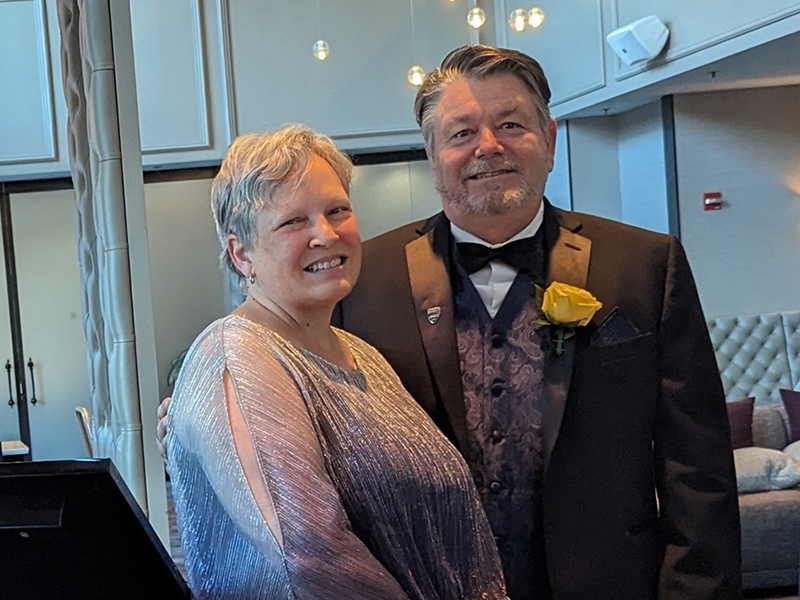
Marty Matlock, professor of biological and agricultural engineering in the College of Engineering, was elected to the status of Fellow in the American Society of Civil Engineers. Matlock and the 2023 Class of Fellows were recognized at the ASCE annual meeting on Oct. 20 in Chicago.
Matlock is a professional engineer and board-certified environmental engineer in the American Academy of Environmental Engineers and Scientists. He was recognized by the ASCE for his leadership in technology development, public policy and professional education.
Matlock served as an author on the 2009 Environmental Engineering Body of Knowledge, the guidance document that describes the knowledge and core competencies important for the understanding and practice of environmental engineering. He is a co-inventor of a technology to improve efficiency and effectiveness of water treatment. He has testified before the U.S. Senate on several occasions on water quality issues and protection policies and served as a senior adviser to the USDA secretary of agriculture. Matlock was elected to the Board of Agriculture and Natural Resources for the National Academy of Sciences, Engineering, and Medicine in 2021 and was recognized as a Fellow in the American Ecological Engineering Society at their annual meeting in Florida in May.
ASCE members elected to fellow status have made celebrated contributions and developed creative solutions that have enhanced lives. Just 3% of society members hold this prestigious honor. ASCE and its members are dedicated to ensuring a sustainable future in which human society has the capacity and opportunity to maintain and improve its quality of life indefinitely, without degrading the quantity, quality or the availability of natural, economic and social resources.
Topics
Contacts
Leslie Reinhart, administrative assistant III
Department of Biological and Agricultural Engineering
479-575-2352,